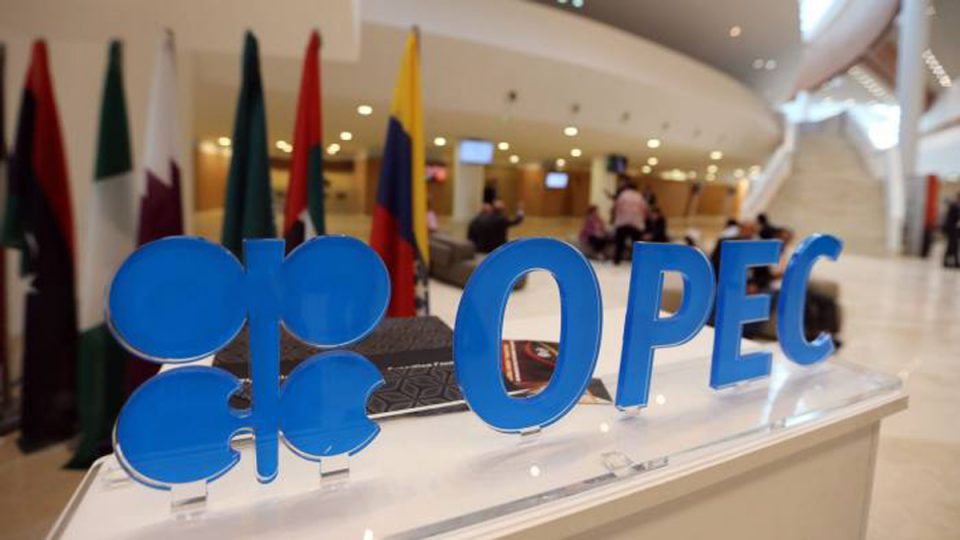By Emeka Ugwuanyi
The Organisation of Petroleum Exporting Countries (OPEC) and its allied led by Russia, referred to as OPEC+, has been cutting its oil production and supply to stabilize the global oil, prevent glut and derive maximum value from the resource.
However, the June meeting may differ as the two leaders of the alliance, Saudi Arabia for OPEC and Russia for non-OPEC may not agree on output in the June meeting following divergent interests.
Russian Deputy Prime Minister and key OPEC+ negotiator Alexander Novak – had recently said he does not expect OPEC+ to take any new decisions at today’s meeting.
Saudi Arabia and other members of the alliance have been keeping to their production cuts while Russia, a major oil producer in the group after Saudi Arabia is accused of continuously not complying with the output cuts.
Russia’s problem may seem understandable in view of the sanctions slammed on her by the West and United States for Ukraine’s invasion. To survive, Russia has channeled its supply to Asian countries particularly China and India. Patrons of Russia’s new found market are also happy for the cheap crude Russia sells to them at well discounted prices.
Riyadh has grown increasingly frustrated with Russia, which apparently hasn’t kept its end of the deal and isn’t reducing oil production as pledged.
Although Russia insists it complies with output cut as planned by the alliance, Saudi Arabia isn’t convinced it does.
The situation is frustrating Saudi as the Kingdom has cut 500,000 barrels per day of oil (bopd) in addition to cuts by other members yet these cuts have failed to lift oil prices as expected by the group. Saudi feels frustrated because it is losing market share to Russia.
Russia is alleged to be taking advantage of outputs cuts by OPEC+ members to sell as much crude as possible at cheap prices to Asian buyers to keep its economy running. These Asian markets were long dominated by Saudi Arabia and other Middle Eastern producers but Russia is taking over as it sells its oil to them at cheap prices.
Therefore, OPEC+ members especially Saudi expects Russia to keep its end of the deal by sticking to its pledge to reduce its oil production by 500,000 barrels per day until the end of this year.
There are concerns that if expected consensus is not reached on this matter in today’s meeting, the global industry may witness another supply war between Riyadh and Moscow and expectedly, prices of crude will crash.
As Russia wants to earn enough money from oil to fund its economy, Saudi equally needs money to fund its mega project – Neom Project. The project was originally estimated to cost US$500 billion, but now believed to cost at least double that. Neom will be a new city (and surrounding area) spanning some 10,200 square miles. According to its own advertisements, it will be ‘An Accelerator of Human Progress’ that may include such features as an artificial moon, glow-in-the-dark beaches, flying drone-powered taxis, and a Jurassic Park-style attraction featuring ‘animatronic’ lizards.
Meanwhile, oil sells below OPEC’s $80 to $85 per barrel price band.
Also, Iran/Israel dispute and internal dispute in Iraq may affect decisions to be taken in today’s meeting. Iran had responded to an Israeli threat to take unspecified action against Tehran’s nuclear program, while 450,000 bpd of exports from the northern fields and from the semi-autonomous region of Kurdistan shut in due to a dispute over who should authorize the Kurdish exports.
All eyes are on today’s meeting because while Saudi Arabia and its OPEC brothers need oil prices as high as possible, it is the direct opposite for the U.S. and its main allies in the West and the East.



